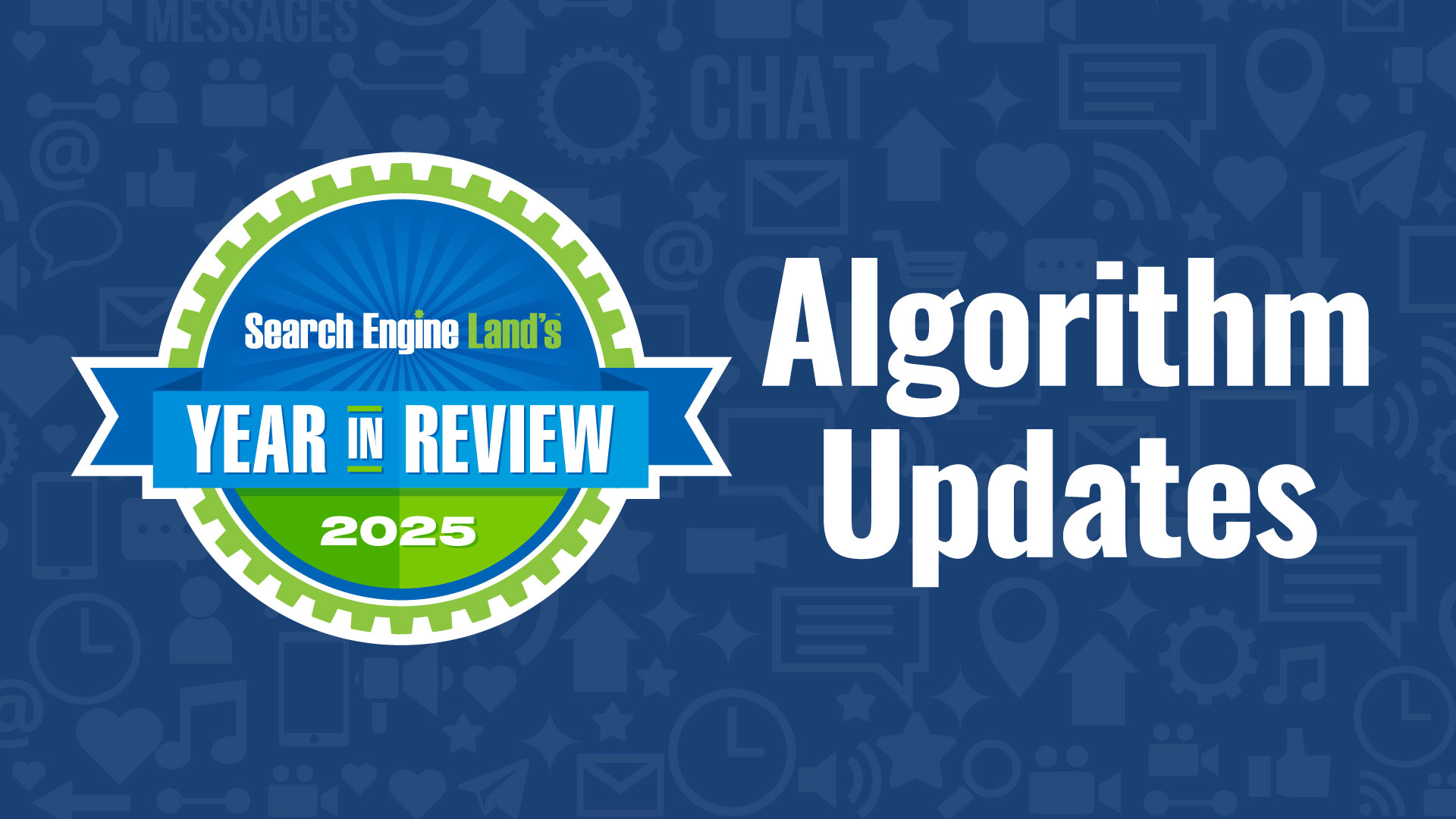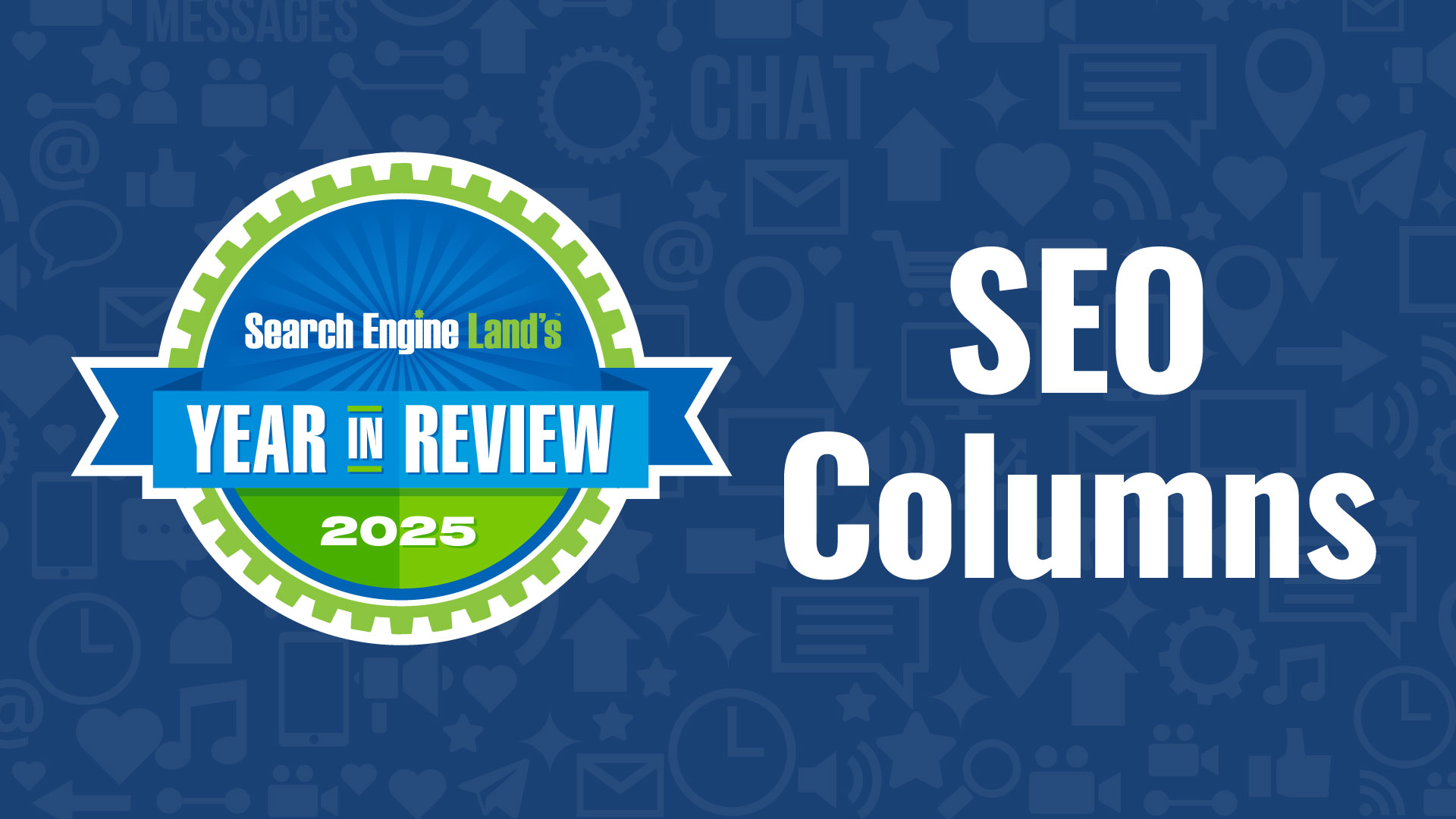How to navigate SEO in a multi-platform world
SEO today requires expertise in so much more than organic search. Explore the shifting role of SEOs and how to embrace the change.
The role of an SEO professional has undergone a major transformation in recent years.
Traditionally, SEO was primarily about keyword optimization and links and ranking well on search engines like Google and Bing.
While these elements remain important, search engines today evaluate a much more complex set of ranking factors. And the search landscape has changed significantly.
The very definition of a search engine has evolved.
- Social platforms TikTok and Pinterest are some of the biggest search engines after Google.
- Consumers use Amazon as a one-stop ecommerce shop and YouTube as a how-to university.
- People don’t passively use the default search engine on their browsers anymore. They actively seek what they want, where they want.
As SEOs, we must adapt and expand our skillset to stay relevant in the ever-changing world of organic search. Our role has expanded to include a much broader set of responsibilities.
To thrive in today’s dynamic environment, SEOs are expected to:
- Be more involved in – if not lead – the content creation process. They need to help develop content strategies and ensure that content is optimized for search engines and users.
- Work closely with UX designers to create websites that are easy to use and navigate.
- Use data and analytics to track their progress and measure the success of their campaigns.
- Collaborate with social media and PR teams to create a more holistic marketing strategy.
All of this change has led to some big questions for us. As SEOs, we must determine what we need to know and do to stay relevant in organic search.
What does an SEO need to know in this new era of consumer exploration and discoverability?
The evolving SEO landscape demands a shift in mindset. SEOs are not just “optimizers” but digital marketers with a broader skillset.
Embracing these other channels and tactics is key to success in the new era of organic search.
Content marketing
High-quality, informative content that resonates remains important. As SEOs, we must:
- Focus on creating valuable content that answers the questions of our target audience.
- Leverage search trends and organic data to inform the content marketing strategy.
- Evaluate competitors and the search landscape to identify content gaps.
- Look at all content creation through the lens of building E-E-A-T.
User experience
In many ways, SEO and UX go hand in hand. The goal of UX is to ensure a seamless and intuitive website experience.
Google’s goal is to provide the best answer for the user – and the best user experience plays a pivotal role in that process.
SEO professionals must be well-versed in user-friendly design, not to mention things like accessibility, page speed optimization, and mobile-friendliness.
Social media
Building a strong social media presence is essential for brand visibility and complements your SEO efforts.
When it comes to using the two channels together more effectively, you can start:
- Leveraging social to increase your space in the SERPs.
- Using social listening to narrow down keyword themes.
- Working with social influencers to gain topically relevant links.
Dig deeper: How to optimize your social media pages for search
Public relations
An integrated approach to PR and SEO is an ideal way to reach audiences and make authentic connections.
When we think about off-page efforts in particular, bolstering a site’s credibility and visibility requires securing organic, relevant mentions from other credible sites.
Building relationships with influencers and other authoritative figures in your industry can improve your website’s reputation and authority, positively affecting search rankings.
We are more successful when we can leverage a digital PR approach, using storytelling to enhance brand authority and credibility – thinking outside the standard process of link building.
Dig deeper: Moving on from search engine optimization to search optimization
How do we address non-traditional search engines like TikTok, Amazon and voice?
While Google remains the dominant player in the search engine space, optimizing for non-traditional search engines is essential for effective SEO.
So, how do we respond to this revolution and reach consumers where they are, nurturing engagement at each touchpoint rather than over-indexing on Google and Bing?
TikTok
TikTok is the world’s fastest-growing social network today and a new kind of search engine in its own right.
And with the right approach, you can expand your reach on TikTok with a lower investment than traditional search engines. In terms of branded content on TikTok, the opportunity is massive.
- As with traditional SEO, start by doing the research. Browse TikTok to learn what relevant topics others are searching for and what is already ranking well.
- To rank well, utilize all of the functionality TikTok has to offer – descriptions, hashtags, captions, effects, sounds, etc. And don’t forget to pay attention to what’s trending!
Dig deeper: So, you started a company TikTok – now what?
Amazon
As the go-to online marketplace, optimizing Amazon product listings is essential for ecommerce businesses.
With search, you can have the greatest content on the web – but if no one can find it via Google, it doesn’t matter. Similarly, you can have the best product out there but if no one can find it on Amazon, it doesn’t matter.
- In addition to the standard product titles and descriptions, Amazon ranking factors include key features, pricing, images, and backend search keywords.
- Key features are five product-specific bullet points that offer additional contextual relevance for the Amazon algorithm.
- Backend search keywords are essentially the meta keywords for a product listing. Consumers don’t see these, but they offer additional context for the Amazon algorithm and reinforce relevant search terms your audience may be using.
Dig deeper: 5 Amazon product listing optimization must-haves
Leveraging Pinterest for visual search is somewhat underrated in today’s TikTok-heavy digital marketing landscape. However, optimizing images and content for Pinterest can significantly boost visibility.
Not only does Pinterest boast a whopping 465 million active monthly users, but the prevalence of Pinterest pins in Google search results is astounding.
This means more traffic to Pinterest and subsequent clicks to your site that would have previously been from organic search, are now being attributed to social media.
Optimization on Pinterest involves creating a robust profile and leveraging all the available features.
- Create boards to categorize your pins.
- Use Pinterest search to do keyword research and find niche topics.
- Pay attention to pin structure, image size, and fonts, plus wording in titles and descriptions.
Voice search
With the proliferation of smart speakers like Amazon Echo and Google Home, not to mention the smartphone in your hand, optimizing for voice search through conversational keywords and featured snippets is crucial.
Voice search differs greatly from text-based search because it is extremely conversational and typically focused on long-tail queries. Improve visibility in voice search results by:
- Targeting the same type of question-based and informational keyword themes.
- Focusing on the “who,” “what,” “when,” “where,” and “how” with your content and target Google featured snippets directly.
How are artificial intelligence and machine learning impacting user experience?
In recent years, artificial intelligence (AI) and machine learning (ML) have emerged as game-changers in SEO. These technologies have revolutionized the way search engines deliver results and how we, as SEOs, work day to day.
Search engines use AI and ML to understand user intent and deliver more relevant search results. To stay competitive, SEOs are expected to produce more with less, thanks to AI tools.
In theory, we can save countless hours by automating and streamlining content creation – but to what end? Will we see the same results? Are we ready for the inherent risks with AI-generated content?
SEOs today have to:
- Find a balance, incorporating this exciting technology without forgetting what really matters: user experience and the person on the other end.
- Leverage the tool for what it is and refine our skills in the areas where AI can’t replace a real SEO pro.
- Remind clients, leadership, and others that scalability in SEO has to look beyond pure efficiency and focus on efficiency without sacrificing quality.
How do we continue to show the value of SEO?
As we learn to navigate the dynamic world of AI, understand non-traditional search platforms, and build a broader range of marketing skills, we must also rethink how we define SEO success in this new world.
Historically, it has been difficult to prove the efficacy of SEO. We cannot directly tie revenue to rankings. And rankings are, for better or worse, the vanity metric clients care about.
As mentioned, the growth of social-first search, coupled with social platforms’ growing visibility in traditional organic SERPs, means fewer visits get counted as organic traffic.
With the rollout of Google Analytics 4 and the “data-driven attribution model,” we may see conversions decrease for organic search as well.
We need to expand our definition of success and look to other key metrics that show the value of SEO:
- Report on multi-channel attribution where social traffic includes organic search as a touchpoint.
- Determine organic share of voice by evaluating any ranking for our brand, whether it’s the primary website, or a social profile, or a featured snippet.
- Define a value for featured snippets and position zero and determine the impact on CTR and traffic.
Whatever advanced metrics we can leverage to prove our value, it’s clear it will require a deeper level of analysis and strategy than ever before.
Dig deeper: Search, social and retail: The future of digital brand experiences
What this evolution really means for the future of search marketers
Our roles have evolved beyond the narrow confines of traditional search engine optimization. The definition of a search engine continues to expand and to stay relevant, SEOs must adapt, learn, and diversify their skill sets.
We need expertise in everything from content marketing and user experience to social media and public relations. Overall, our role has become more strategic and data-driven. We are responsible for helping businesses to achieve their overall marketing goals, not just improve their search engine rankings.
In this new era of consumer exploration and discoverability, the most successful SEOs will be those who understand that their job is crafting a comprehensive approach to digital marketing. It’s clear that moving forward, this will be table stakes.
Contributing authors are invited to create content for Search Engine Land and are chosen for their expertise and contribution to the search community. Our contributors work under the oversight of the editorial staff and contributions are checked for quality and relevance to our readers. Search Engine Land is owned by Semrush. Contributor was not asked to make any direct or indirect mentions of Semrush. The opinions they express are their own.


